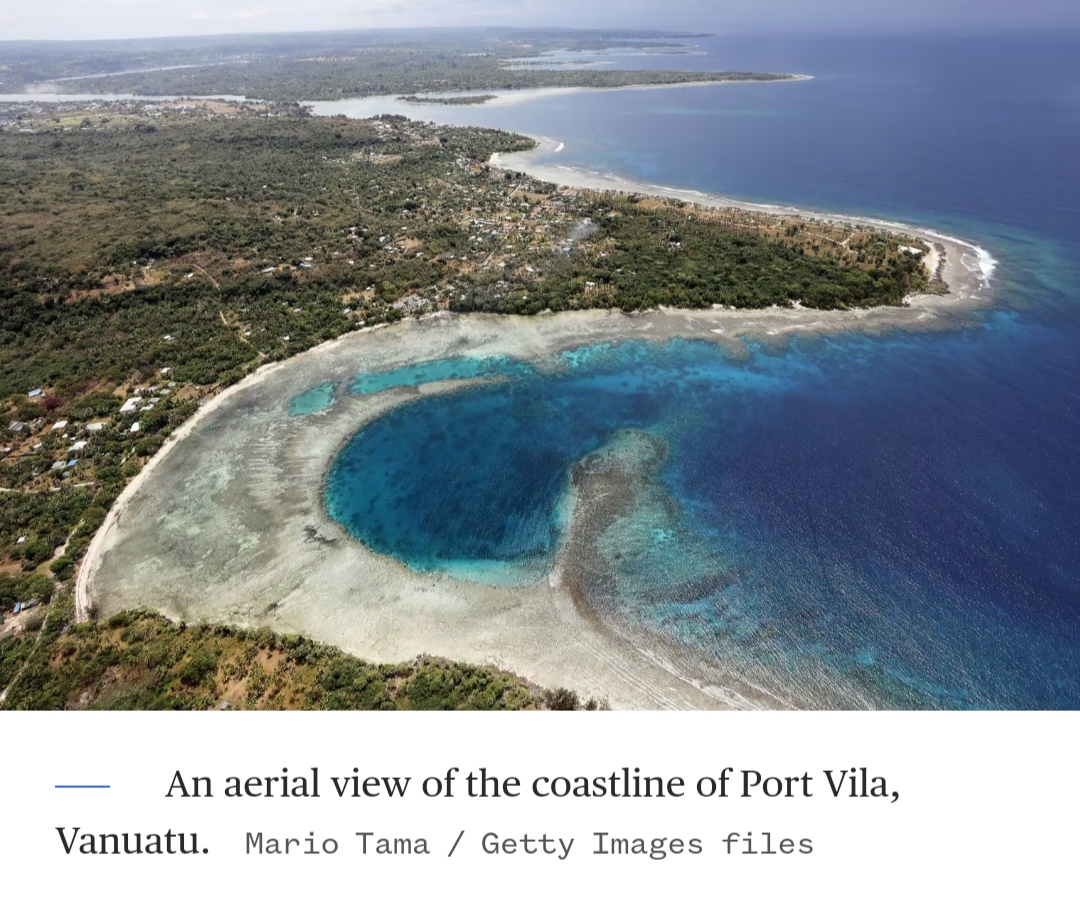The Hague, Netherlands — Vanuatu has called upon the International Court of Justice (ICJ) to acknowledge the legal responsibility of nations to combat climate change and address its devastating consequences. The small island nation, which has been at the forefront of advocating for a legal framework on climate accountability, delivered a compelling plea during the opening of two weeks of proceedings involving over 100 states and international organizations.
Ralph Regenvanu, Vanuatu's special envoy for climate change, highlighted the existential threat faced by nations like his, which are on the frontlines of the crisis. “We find ourselves on the front lines of a crisis we did not create, a crisis that threatens our very existence,” he told the court. Stressing the need for a legal rather than political response, he urged the ICJ to declare the actions causing climate harm as unlawful and demand reparations.
The advisory opinion, though non-binding, carries significant legal and political weight. Experts believe it could set a precedent for climate-related litigation globally, influencing cases across Europe, Latin America, and beyond.
The hearings follow widespread disappointment with the outcomes of the recent COP29 climate summit. Developing nations criticized the summit's pledge of $300 billion in annual climate finance by 2035 as insufficient, given the urgency of addressing global warming impacts.
Cynthia Houniuhi, a youth climate activist from the Solomon Islands, also addressed the court, emphasizing the uncertain future for young people in small island states. She pointed to the disproportionate impact of emissions from a handful of major greenhouse gas-emitting nations.
This unprecedented legal initiative by Vanuatu and other vulnerable nations underscores the growing demand for accountability in addressing the climate crisis. As the ICJ deliberates, the world watches, hopeful for a decision that could reshape global climate governance.
Stay tuned to Ecosphere News for updates on this historic legal case and its implications for global climate action.